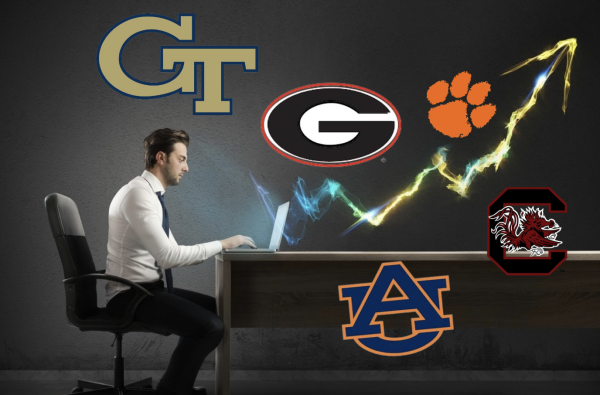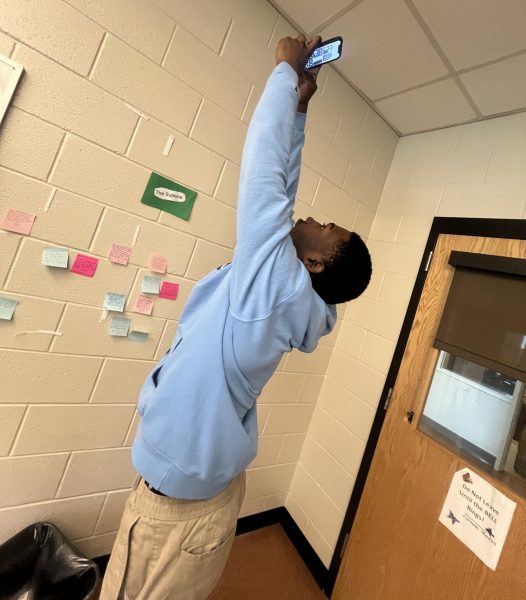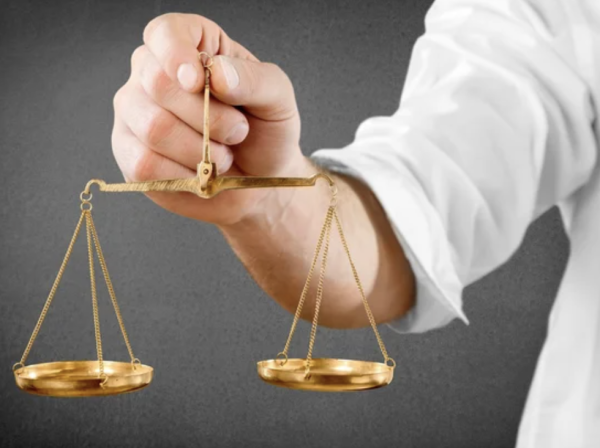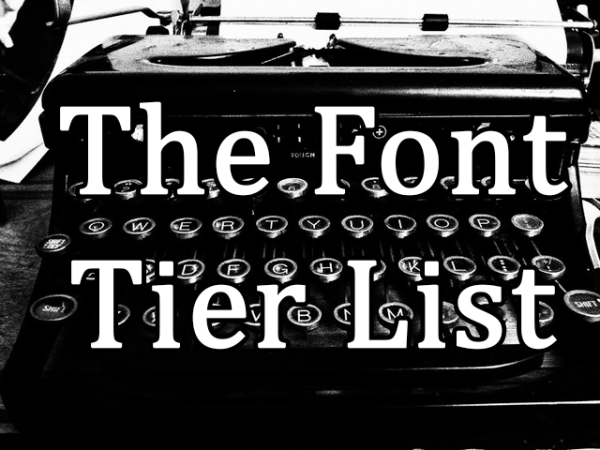Update: 2020 Democratic Primary Rankings
Democratic primary in 2016 by state; Sanders in green, Clinton in yellow
Since the first edition of these rankings almost three months ago, many candidates have formally entered the race, bringing the total amount of Democrats officially running for President to 17. Even more Democrats are expected to announce their candidacies over the next few weeks, including former Vice President Joe Biden. On the other hand, other Democrats (Senator Sherrod Brown of Ohio and former New York City Mayor Mike Bloomberg, for example) have indicated publicly that they will not seek the nomination in 2020. Which Democrats (declared or not) are most likely to win the Democratic primary in 2020?
1. Senator Kamala Harris (up 4)
This first-term Senator from California announced her candidacy for President in front of a crowd of 20,000 in Oakland, CA, raising $12 million from donors since the start of her campaign. Harris has a uniquely widespread appeal across the Democratic constituencies. Harris has delicately positioned herself in between the left and moderate wings of the Democratic primary, adopting left-wing policy positions but choosing to align herself with the party’s establishment. Furthermore, she is well-positioned to galvanize support from the African-American community as Barack Obama did in 2008, but also from female voters looking to elect the first woman president. Harris is likely to fare well in the upcoming primaries, barring a surprise scandal.
2. Senator Bernie Sanders (up 1)
Sanders is off to a particularly strong start, leading the Democratic field in fundraising thus far. In the first twenty-four hours after the start of his campaign, Sanders raked in an impressive $5.9 million, adding an additional $12 million to date. Sanders also holds a strong position in national and state-wide polling, ranking 2nd nationally. The Senator’s chances of victory have been boosted by the decline of presumptive frontrunner Joe Biden. However, he remains unpalatable to many moderate Democrats and minority voters who see him as a divisive figure. Without a broader appeal, Sanders may struggle.
3. Representative Beto O’Rourke (up 1)
As the only Democrat to top Sanders’ first-day fundraising total, O’Rourke has proved that he can excite voters again as he did during his 2018 Texas Senate run. Voters may be looking for a youthful candidate who deliver the energy and excitement necessary to flip the Southwest to the Democrats. Despite being a talented orator and inspiring figure, O’Rourke continues to face criticism for his lack of specific policy proposals or meaningful experience in government.
4. Vice President Joe Biden (down 3)
Joe Biden, Vice President under President Obama and former Senator from Delaware, continues to lead in the polls despite a number of recent accusations from women regarding inappropriate physical contact. Biden is well-known for being a particularly tactile politician, but seems to have made several people uncomfortable. Biden has pledged to be more careful in the future, but it’s not clear yet whether Democrats will forgive Biden in the era of “Me Too.” Biden faces further criticism for his age and relative moderation, which drops him to number 4 in this ranking.
5. Mayor Pete Buttigieg (not previously listed)
This small-town Indiana mayor has seemingly emerged out of nowhere in his dark horse bid for President of the United States. Buttigieg, or “Mayor Pete” as he calls himself for ease of pronunciation, has an impressive resume. He’s a Harvard graduate, Rhodes Scholar, and veteran. His status as the first openly gay candidate to seek the Democratic nomination has earned him additional support from the LGBT community. At 37 years old, Buttigieg is one of the youngest candidates in the race. His youth might help endear him to young voters, but others might have concerns about a lack of experience. If elected, he would be the first mayor to be elevated directly to the White House.
6. Secretary Julian Castro (up 1)
The former Secretary of Housing and Urban Development (HUD) and mayor of San Antonio is the only Hispanic candidate currently seeking the nomination, a factor that will likely help him among a key Democratic voting bloc. Although Castro is polling in the low single digits, he’s young, moderate, and a member of a minority group. Castro could potentially serve as a consensus candidate to help deliver Texas to the Democrats. If Castro can make it onto the debate stage in June, he has the potential to gather more support.
7. Senator Amy Klobuchar (down 5)
The senior Senator from Minnesota experienced a rocky start to her campaign after allegations surfaced that she treated staff inappropriately during her tenure in the Senate. Klobuchar’s office also posted one of the highest rates of staff turnover in the Senate, perhaps lending some credibility to these allegations. Still, Klobuchar remains one of the few moderates in the field so far. Voters may choose to give her a second look, especially if Biden decides not to jump in.
8. Representative Tim Ryan (not previously listed)
Earlier this year, Ohio Senator Sherrod Brown made the decision not to enter the race, leaving a path open for another Rust Belt liberal to enter the race instead. Ryan, a Congressman representing Youngstown, OH who challenged Pelosi in 2016, took the leap. If Democrats want to make a serious bid to take back Ohio in 2020, Ryan may be their best choice.
Honorable Mentions
-
Senator Elizabeth Warren (MA)
-
Representative Eric Swalwell (CA)
-
Senator Cory Booker (NJ)
-
Governor Steve Bullock (MT)
-
Representative John Delaney (MD)







![Presidential Rizz [RANKED]](https://amhsnewspaper.com/wp-content/uploads/2024/03/jfk-600x338.jpg)




